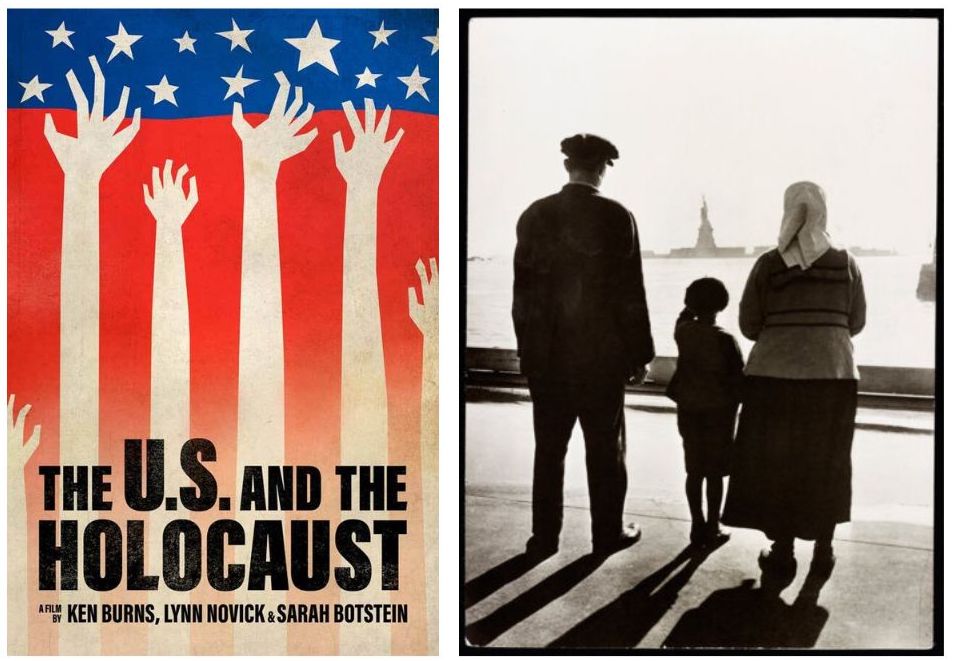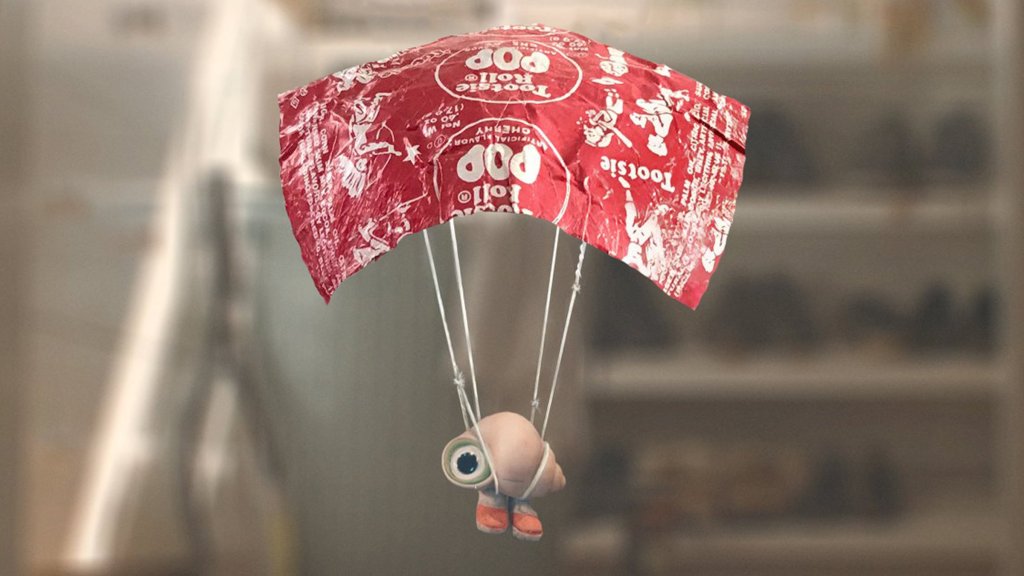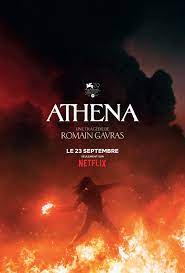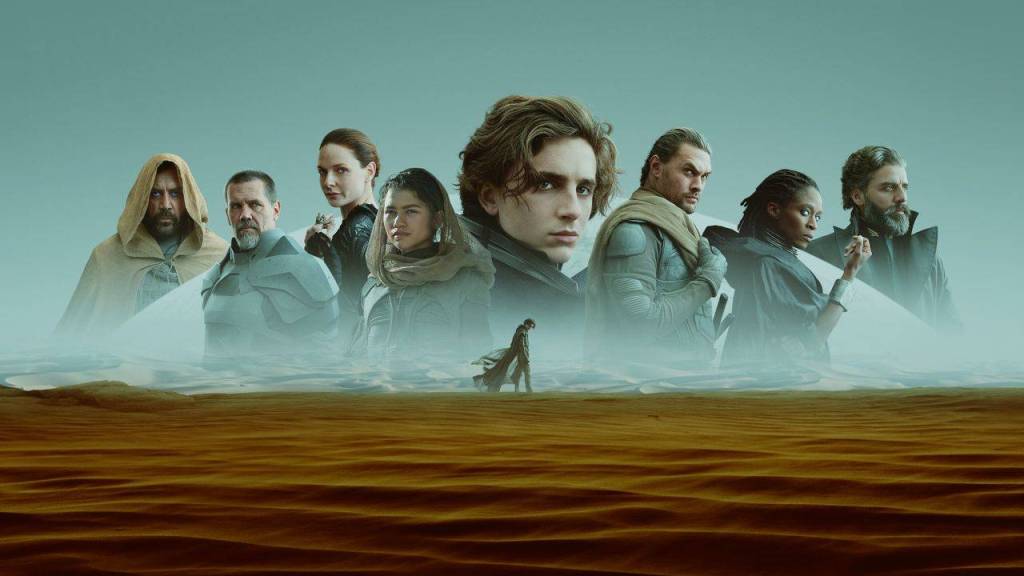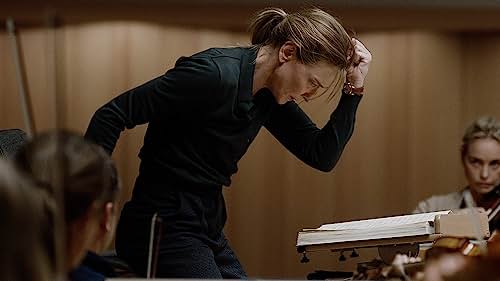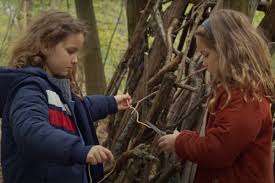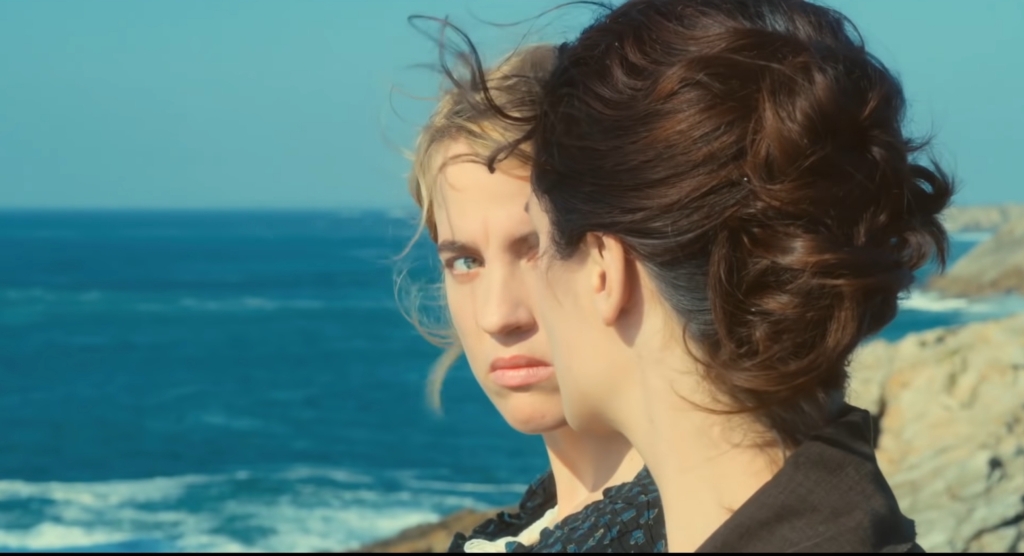Most of the films I watch aren’t new releases; probably 3/4 are at least a year old by the time I get around to watching them. Quite a few I didn’t know existed until a streaming service alogorithm fed me a trailer or a teaser on every menu page possible. So while my favourite new releases of 2023 are here, this post is a longer list (but shorter commentary) of the best films I saw for the first time in the last 12 months. I review virtually everything I see on Letterboxd so you can always check in on things there. Again, these aren’t in any particular order, apart from a few at the end that sort of rise above the rest…
Is this on?
I mentioned that 2023 hadn’t produced a great deal of great documentaries, at least no many that I had seen, but last year I saw many long-form non-fiction stories brought tolife in thrilling fashion, and three of them were about musicians and music.
The Beatles: Get Back is a remarkable achievement in editing, documenting several weeks of recording sessions by probably the greatest group ever as they stumbled and soared towards the end of their short career as a band. But by the end 7 hours was barely enough – the talent in the room is astonishing and it’s truly a rollercoaster ride, capped by a joyous and subversive rooftop concert that has inspired countless copies.
Summer of Soul (…or, when the revolution could not be televised) is another triumph of editing and reconstruction, this time by Questlove, of 6 weekend concerts that took place in Harlem during the Summer of 1969, when America and the worlds’ eyes turned to The Moon Landings or to Woodstock. These concerts were filmed but no TV station wanted to use the footage, so now the hugely significant cultural event is restored, and it is essential. Condensed into just 2 hours there is no filler here, it’s all breathtakingly brilliant performances and wonderful 1st-person interviews with both performers and audience which brought tears to my eyes more than once.
Moonage Daydream is a feast of images and sounds, more(!) astonishing editing and some of the greatest live performances ever, capturing the career and characters of David Bowie. As with the other two, this is elevated by its subject.
A couple of films about couples
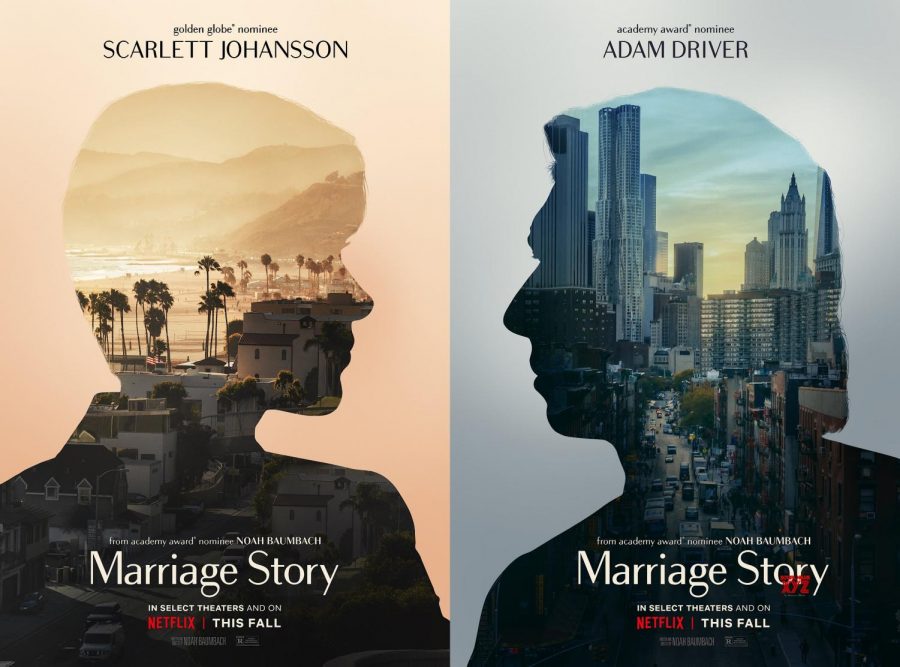

Sam and Tusker and Charlie and Nicole are couples whose relationship may be in trouble, but for very different reasons. Supernova places Colin Firth and Stanley Tucci in the most beautiful parts of the Lake District and dares you not to weep. I failed dismally. Noah Baumbach’s masterful Marriage Story starts with opening monologues to prove that Charlie & Nicole (perfectly played by Adam Driver and Scarlett Johansson) do love and can make each other better. But then we see how it can be picked apart and weaponised by an industrial-divorce-complex and there is the greatest, worst, most horrific, moving, crushing marital argument I’ve seen on film. Both of these more than meet the old definition of a great film; “three great scenes,no bad ones”.
Ken Burns’ epic documentary The U.S. and The Holocaust is vital viewing, to show how at least some of Hitler’s anti-semitic policies were ‘inspired’ or at least emboldened by anti-immigrant rhetoric from countries around the world, including the UK and USA. And then we see, in painful, shattering detail, the result of those policies. planned and executed by human beings against human beings. And then we see more contemporary montages and clips that remind us why we must remember and learn from history, lest we are doomed to repeat it.
For a complete change of tone and scale, a wonderful heart-lifting antidote to the world is Marcel the Shell with shoes on, a unique animated film that’s not much more than an hour long, about a shell, named Marcel, who wears shoes, trying to find the rest of his family, scattered and lost after an unnamed tragedy. Trust me, if you don’t get a warm feeling after this I can’t help you.
When the world of work doesn’t work…
After that very brief interlude of happiness, apologies that it doesn’t get much better for a while…
The Assistant is a savage, uncomfortable day in the life of a PA to someone like Harvey Weinstein. Set almost entirely in a bleak, desaturated office lit by antiseptic strip lights and filled with people doing what they have to to survive, even if it sucks at their soul.
Compared to that, at least Sorry to Bother You is darkly funny: Lakeith Stanfield discovers his ‘white voice’ as he tries to become a power-caller in a surreal parallel universe that’s achingly close to reality, until it’s not (the less you know, the better).
But then there’s I, Daniel Blake, where the title character, wonderfully played by Dave Johns, has injured himself at work (he’s a carpenter) and needs state welfare support while he recovers and tries to find new work. This is a righteous burst of barely-controlled frustration and anger from veteran director Ken Loach, inspired by and compiled from real events and first-person testimonies. The State is inhuman and dehumanising to both its agents and its citizens. Its language is like something out of a misanthropic AI, removing and preventing even a smudge of agency or empathy. It’s grim, but important.
Athena contains perhaps the most amazing single sequence in any film I saw in 2023, or perhaps for quite a few years. In an unbroken 12-minute shot we’re taken from a police press conference about a child from the banlieues estates on the edge of Paris being killed, to a mob invasion of the police station and a jaw-dropping chase back towards and through the estates and tower blocks. It’s immersive, visceral and physically wounding film-making, which the rest of the film almost lives up to.
Trying to fit in…?
Calm with Horses had a different title for its US release – The Shadow of Violence – and for once I feel that may do a better job of reflecting the tone of the film, its story and characters. Cosmo Jarvis is is both terrifying and heartbreaking as the damaged, dangerous, abused attack hound of the savage criminal Devers family, who is trying do more for his autistic son, but can’t seem to escape the shadows that engulf him.
Mogul Mowgli proves again that Riz Ahmed is one of the best UK actors around, as he plays a deeply flawed character on his way up and then back down again, spending just 82 minutes exploring Big, BIG Themes.
I read the Dune sci-fi novels when I was a teenager, but never watched the ‘problematic’ David Lynch film from the 1980s. The new version wisely splits the vast first book into two films, whose second part I’m eagerly awaiting next year. This is EPIC in almost every way with a terrific ambition that it pretty much delivers in every department. The pacing is slow, but wholly appropriate to an 800 page source. There are properly outstanding moments and sequences, and this is almost certainly Hans Zimmer’s best score in years.
Speaking of David Lynch, I filled a blind-spot in 2023 by finally watching Mulholland Drive. I have a mixed relationship with his films, but this one is often cited as a masterpiece. After 45 minutes I was confused, disappointed, resigned to the fact that I just don’t get David Lynch. And then there are scenes which feel like they’re from a completely different film, with different characters. And then it really gets going. I definitely didn’t get it, so I read a couple of ‘explainers’ and then it was all I could think about for days. It’s about dreams and memories and fantasies, overlapping and sometimes all at once.
I wrote a long time ago about Cate Blanchett, and perhaps this year I saw her crowning performance, as Lydia TAR. Lydia Tár is a maestro of international classical music, and a monster. We’re only shown glimpses of the consequences of her actions, the wreckage tossed in her wake. Students, classmates of her daughter, colleagues, musicians, all are sacrificed at her altar. But the artifice she has constructed around her self starts to dissemble and ghosts emerge from the cracks.
Two of the best films I’ve seen in ages are both directed by the same person, Celine Sciamma. Telling intimate dramas in remote locations almost 200 years apart, they are beautiful and wonderful and heartbreaking all at once.
Petite Maman tells the story of Nelly, a young girl whose beloved Grandmother has just died, and her mother Marion, but in ways I did not expect at the start. The conceit of this film is both stunning in its concept and execution, and in just 82 minutes it’s a rich meditation on resilience, grief, and love,
And then there’s Portrait of a Lady on Fire, of which I knew little except the near-universal acclaim it has received. Set in 19th Century Brittany, it tells the story of Marianne, a young artist commissioned to paint the portrait of a bride-to-be Heloise at her remote familial home.
All I can say is believe the hype: this is wonderful. I ended up watching it in three parts, and to be honest I’m not sure I could watch in a single sitting: it might be overwhelming, in a way like nothing else since Grave of the Fireflies.
Almost from the start I was gasping at the simple beauty of it and the perfect framing of every shot. The Brittany surf is intense, properly roaring and intensely bright in contrast to the muted tones and silence of the house. The depiction of the artist’s process and the construction of an image from a blank canvas is gorgeously rendered, and everything looks beautiful. But even more than this, the script is perfection, about observing and being observed, about regretting and forgetting.
For a long time, a way back when, I used to think that Bob Hoskins’ final scene in The Long Good Friday was as good an ending as I could think of. Then it was Glenn Close in Dangerous Liaisons. More recently, Charlotte Rampling in 45 Years. But the final scenes here are another level.
If I see a more moving film than this any time soon, if ever, I will be absolutely astonished.
